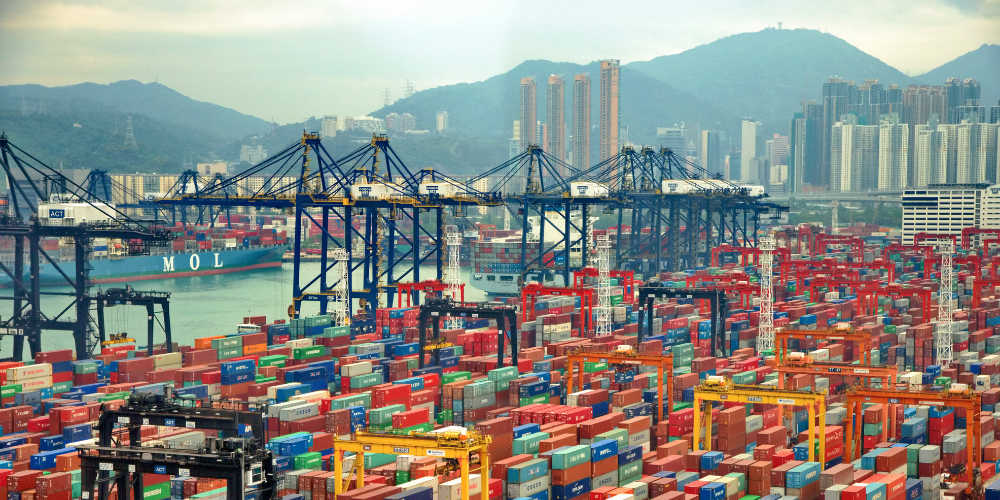
Imposing huge tariffs on Beijing has had little to no effect on its trade policies, the most senior US trade chief has said.
Addressing a Capitol Hill committee in Washington DC, trade representative (USTR) Katherine Tai said that the way to pressure China to change its “unfair” trade practices was to encourage US domestic manufacturing.
Industry Week reports that Tai told lawmakers that the US would keep the door open to conversations with China, but that it needed to “turn the page on the old playbook with China, which focused on changing its behaviour”.
New strategy needed
Although the administration of US president Joe Biden has resolved trade disputes with the UK on British steel and aluminium, and done a similar deal with EU, there has been no similar breakthrough with China – despite Tai’s renewed negotiations with its officials.
A January 2020 ‘phase one’ trade agreement under which Washington agreed to ease off tariffs the Trump administration imposed in exchange for China buying $200bn US goods, has been criticised as a failure.
Research by US think tank the Peterson Institute for International Economics (PIIE) suggests China only bought 57% of the goods it was committed to.
Tariff exemptions
Last week, the US said it would extend tariff exemptions on 352 products imported from China after US businesses complained the levies were driving up costs, reports the SCMP.
In her appearance before Congress, Tai called for “the reshoring and the rebuilding of our manufacturing base”.
'US can match China'
China is aiming to grow its industries making products like electric cars and semiconductors, and Tai said the US should match them.
“We have seen what happened in the steel and solar industries when existing mechanisms were too slow or ill-suited to effectively address the distortions wrought by China’s targeting of those sectors,” she said.
Tai asked lawmakers to approve the Bipartisan Innovation Act, to spend $52bn on domestic semiconductor production and research as well as spurring manufacturing and strengthening supply chains.



